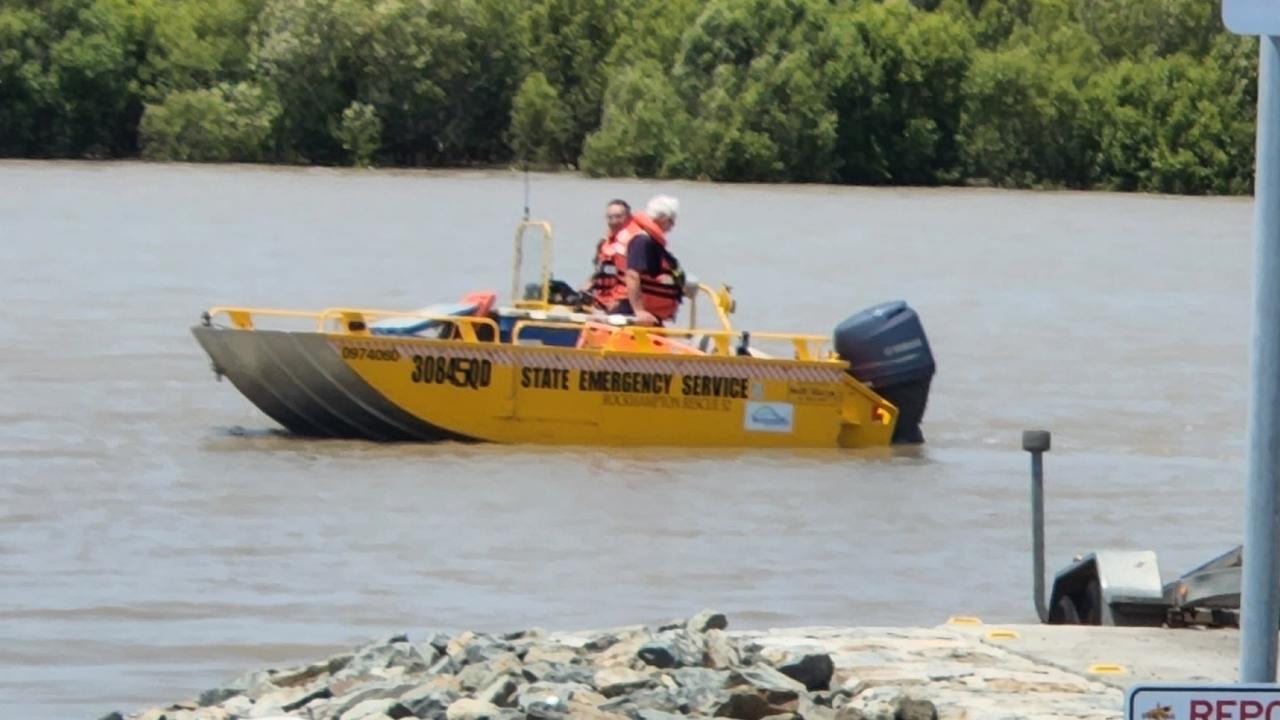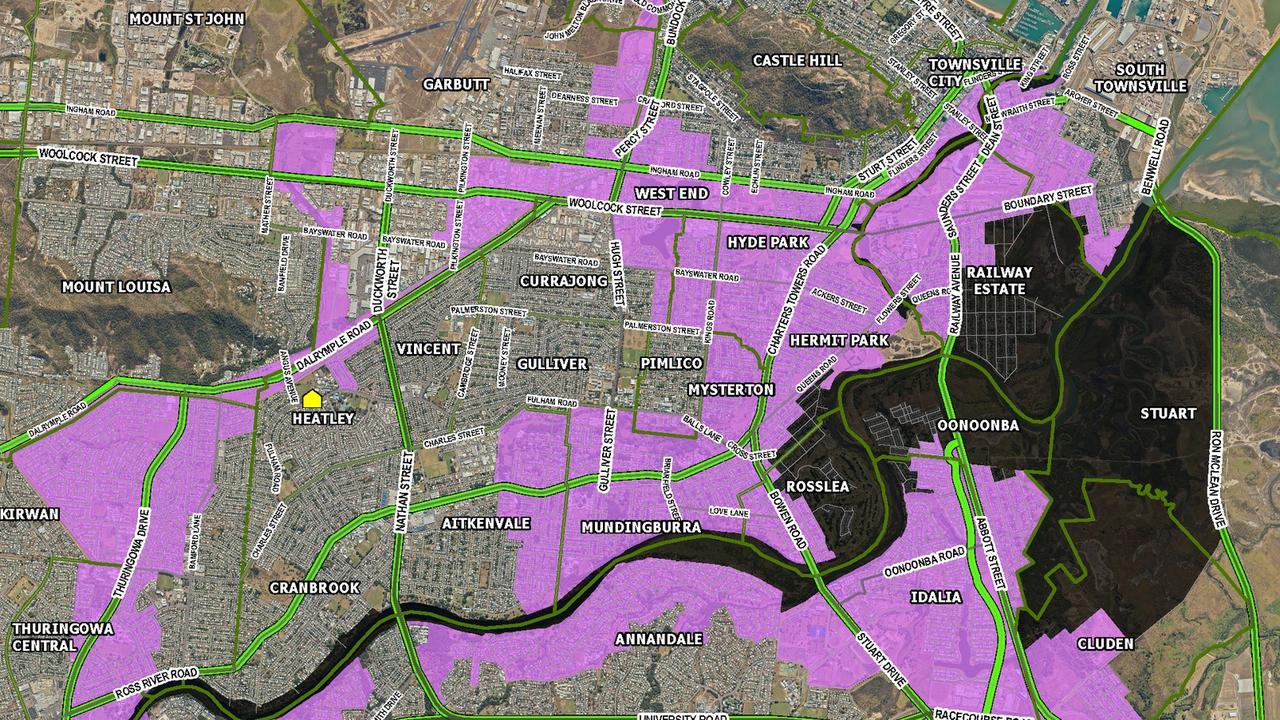‘Logs and stuff running past’: The flood Far North nurse, Vincent Connellan, will never forget
A brave Cape York clinician has recalled the night he spent trapped on a clinic’s roof, caring for a young patient and his mother as floodwaters rose around him, one year on from the devastating natural disaster.
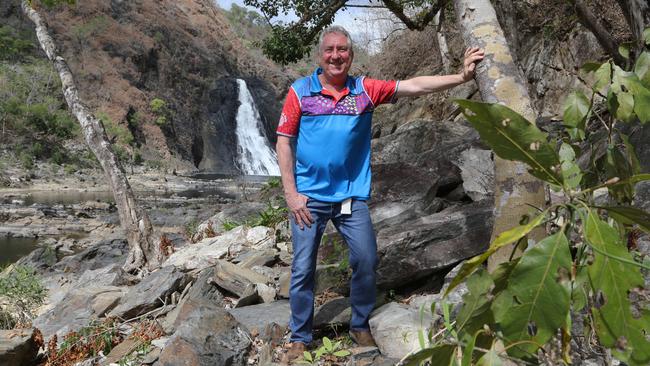
Cairns
Don't miss out on the headlines from Cairns. Followed categories will be added to My News.
A brave Cape York nurse has recalled the night he spent trapped on a roof caring for a young patient and his mother as floodwaters rose around him, almost a year on from the devastating natural disaster.
Wujal Wujal Primary Health Care Centre’s director of nursing Vincent Connellan led staff during the Far North flood which forced the entire community to be evacuated last December.
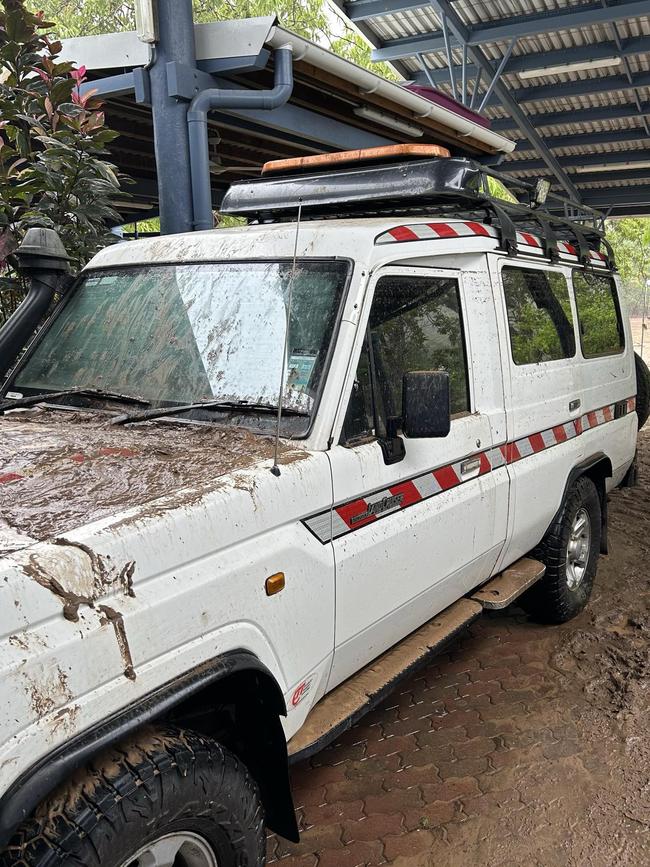
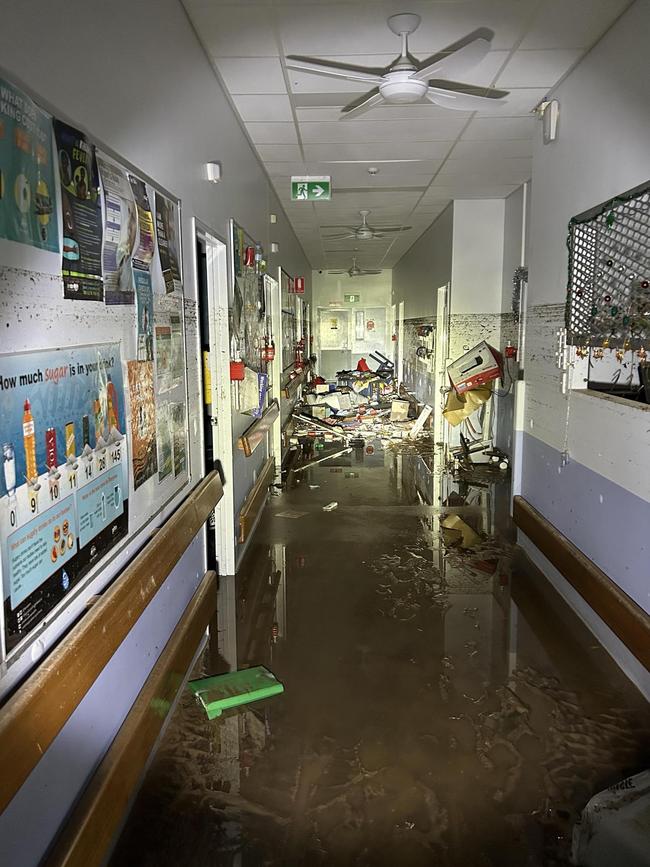
The swelling Bloomfield River forced Mr Connellan to gather medicine, umbrellas and blankets and then, using the bonnet of a car, climb onto the top of the Bayan Bambaygka centre.
Alongside him, health care workers treated a sick boy and comforted his mum who couldn’t get out in time.
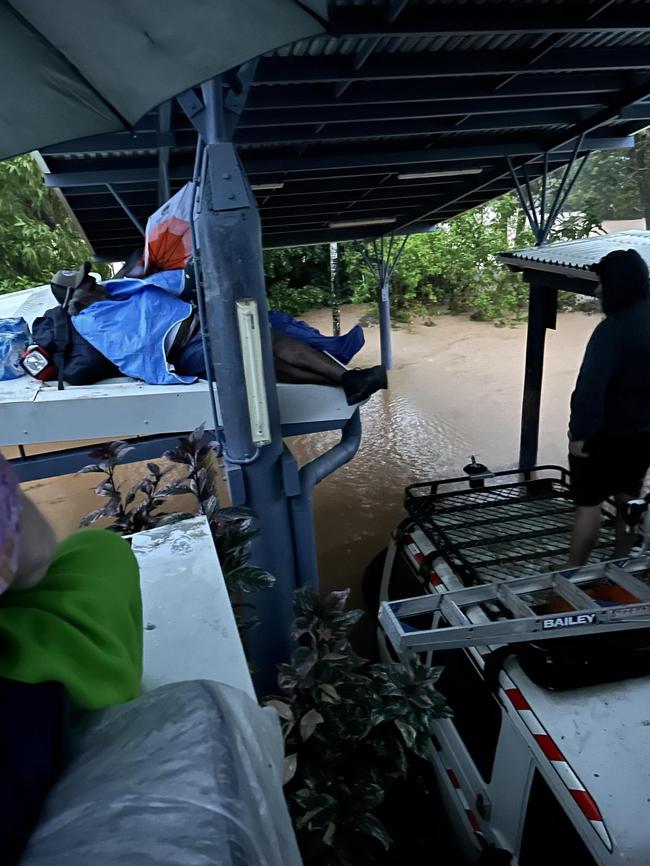
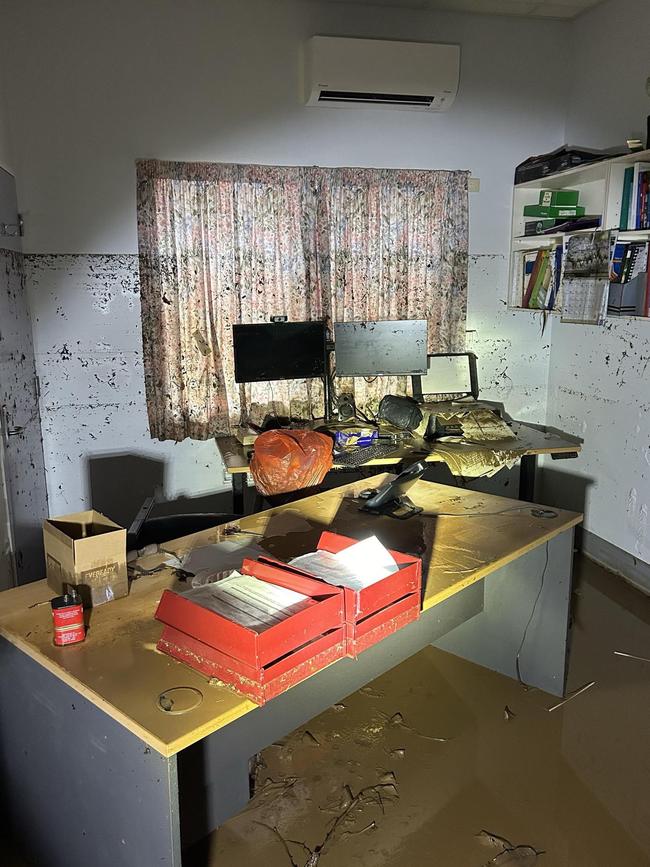
Dressed in a plastic poncho, the experienced clinician recalled feeling the icy-cold chill of rain running down his back during the freak weather event.
“In all, there were 10 of us on the roof and two dogs that night,” the cool-headed Mr Connellan said.
“We had to climb onto the roof at around 11.30 at night. At that stage we were thinking, ‘Maybe we should go over to the police station where there’s higher ground’.
“But by that time there was a river between us and there. So we missed that opportunity.”
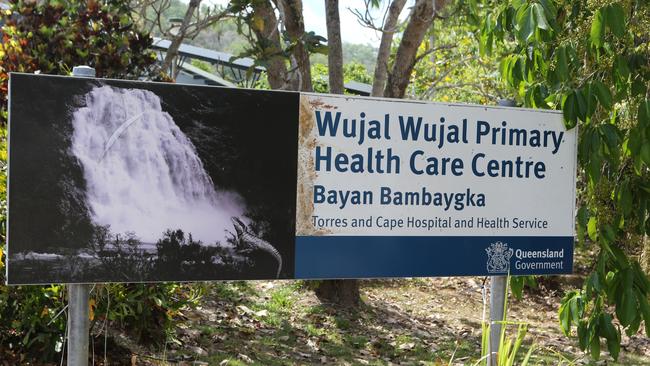
Underneath the awning where they took refuge and administered medication to the seven-year-old child, almost two metres of water ran through the health care centre.
“It just flushed out the clinic,” Mr Connellan said. “That included all our medications, equipment, x-ray machines and dental chairs, sonography machines, blood pressure cuffs.
“Nothing was salvaged from the flood. All the nurses’ houses behind the clinic had flooded by that time.”
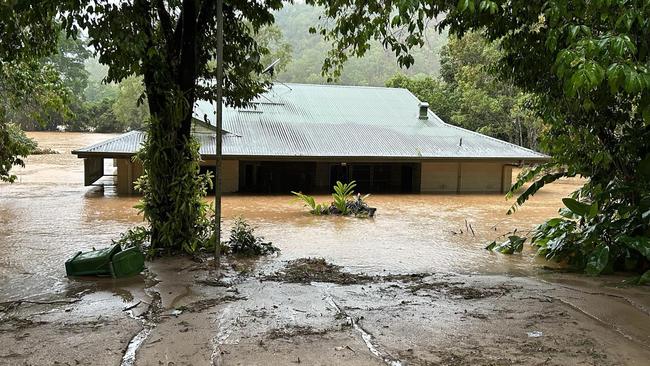
A parked ambulance nearby served as a flood marker throughout the evening.
“We thought it had stopped rising on a couple of occasions and said, ‘Phew’,” Mr Connellan recalled.
“But the water came up to the top of the ambulance. It finally peaked around 2am and that coincided with the tides – there were king tides at the time.
“They pushed the river up and then it slowly started receding.”
As the water rose, worried emergency service workers reached out by satellite phone offering to stage a daring rescue.
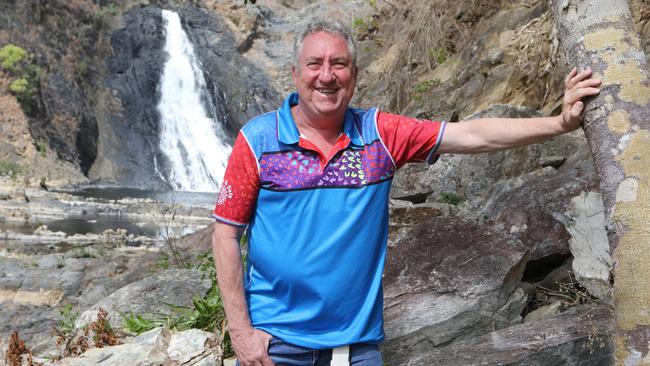
But Mr Connellan urged them to stay put as the Bloomfield River swelled to record levels.
“They said, ‘Okay. We’ll try and get someone to you’,” he said.
“But I wouldn’t want anyone in a boat coming to try and get us. You couldn’t see anything. The water was still flowing. There were logs and stuff running past.
“We let them know that we were fine. Our patient was fine.”
Eventually, the floodwaters eased with health workers then tasked with supporting evacuation efforts alongside the Australian Defence Force and emergency service workers.
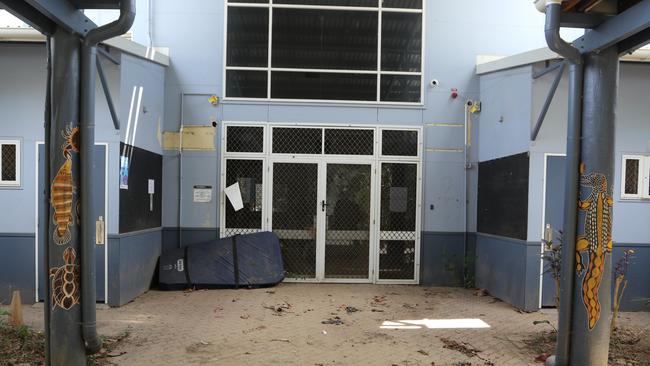
In June, the Wujal Wujal Primary Health Care team was recognised for their outstanding work, claiming the Queensland Health Award for Excellence for their response to the 2023 disaster.
“After I took over ... one of my first ports of call was to visit Wujal Wujal to see firsthand the effects of the devastation caused by the floods in the wake of Cyclone Jasper in December last year,” Torres and Cape Hospital and Health Service CEO Rex O’Rourke said.
“It was heartbreaking to see the damage done to the community at large and to our primary health care centre.
“I have been impressed by the spirit of the community and our staff as they worked together to rebuild their lives.”
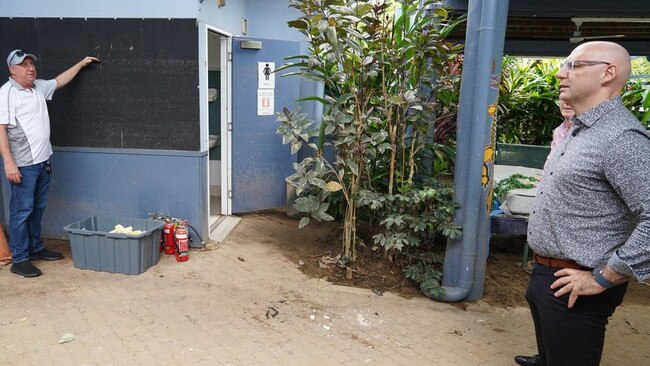
But the humble health worker said the unforgettable night 12 months ago was just part of being a remote area nurse.
“That’s the beauty of it,” Mr Connellan said. “You never know what’s coming through the door. We had a chainsaw fall on someone’s foot last week.
“We had a grinder flick off the table into someone’s face. There have been unexpected births in clinics, people come off motorbikes.
“You’ve got to be prepared. That’s what people love about it.”
While some residents remained anxious about this wet season, Mr Connellan said the community was ready.
“I know we’re better prepared for having gone through what we did last year,” he said.
“A lot of the concerns that we hear from people in the clinic is, ‘What’s it going to be like this wet season.’ There’s still that underlying nervousness.
“We had a drill on October 31. If the alarm goes off at the bridge, we have a siren. That siren indicates that water is just underneath the bridge.
“Once it goes over the bridge, text messages are sent that tell people to go to higher ground.”
When weather disaster strikes, preparation is vital: Newton
Cairns Regional Council’s disaster co-ordinator boss Rhys Newton has urged residents to be prepared for the wet season.
Following a 42-year career with the Queensland Police Service, the former Far North district officer took on the new role earlier this year.
It includes overseeing planning, preparation, response and recovery when it comes to disaster management.
Mr Newton said people could take three steps to be ready — understand your risk; have a plan; pack a kit; listen out and watch out; and adapt.
“Here in the tropics, we need to be ready for anything when it comes to the weather and natural disasters,” he said.
“No-one who experienced or witnessed Tropical Cyclone Jasper and its aftermath last December will ever forget its devastating impact.
“The Cairns catchment saw a staggering 2.2 metres of rainfall, resulting in widespread flooding and significant loss and damage to homes and local infrastructure.
“It was a stark reminder that preparation is key.
“When a weather disaster strikes, how well you respond depends largely on how well you prepared ahead of time.
“Each person plays a role in community safety. By taking personal responsibility, we can protect ourselves and others when disaster looms.”
Mr Newton acknowledged there were people in the community who were still recovering from the impacts of last year’s severe weather event.
“We have residents who are still not back in their homes, and we know there are many people out there who are feeling anxious and nervous, particularly when we have storm and significant rainfall,” Mr Newton said.
“Now is the time that we can come together and help each other, which will build our community’s resilience.
“Go check on your neighbour, see if they need any help and ask them if they are prepared for a disaster.”
Residents are urged to go over their household emergency plans, have a household emergency kit prepared, and consider where they will go during a disaster.
“Take the time to plan your household’s response to a natural disaster,” Mr Newton said.
“You need to consider that if you can’t stay at home, where will you go?
“Pack your emergency kit with all the items you might need during and after a cyclone or flood.
“Importantly, have a battery-operated radio and spare batteries.
“During a natural disaster, you could lose power, internet and mobile phone service, so a radio will be the best ways to stay informed and alert to the situation at hand.”
Every household should have adequate supplies of food, water, medication, toiletries and other essential items to last a minimum of five days.
Council has Storm Tide Cyclone Shelters for residents living in storm surge inundation areas – residents from other areas may not refused entry.
These shelters are designed to save lives by accommodating as many people as possible and are therefore uncomfortable with the bare essentials for weathering the cyclone. Pets (except assistance animals) are also not allowed.
“Carefully consider if you can safely shelter from the relative comfort and convenience of your home, or a friend’s home, or spend potentially 18 hours in a shelter,” Mr Newton said.
For information, visit www.cairns.qld.gov.au/disaster or the Cairns Disaster Dashboard.
More Coverage
Originally published as ‘Logs and stuff running past’: The flood Far North nurse, Vincent Connellan, will never forget



